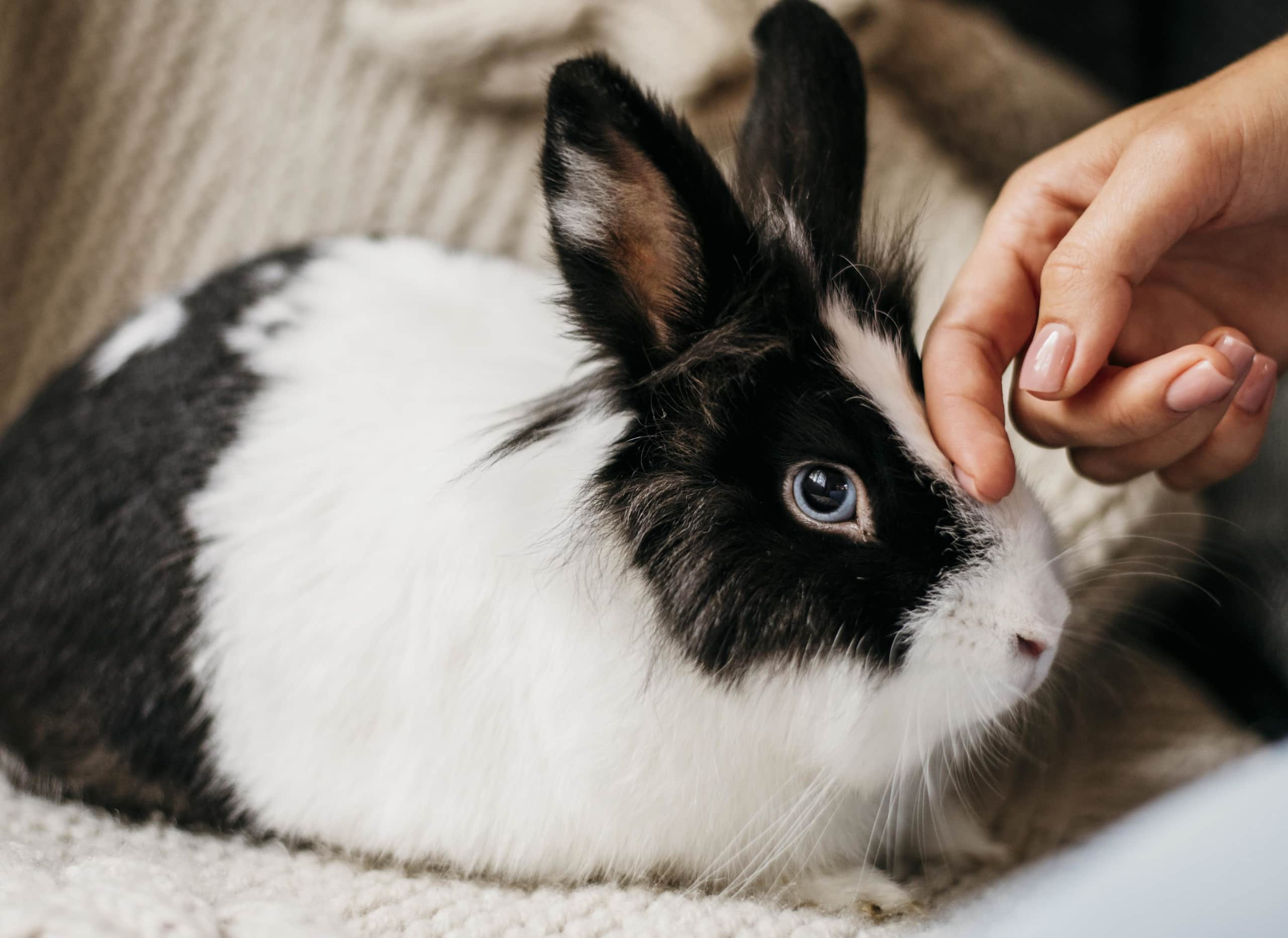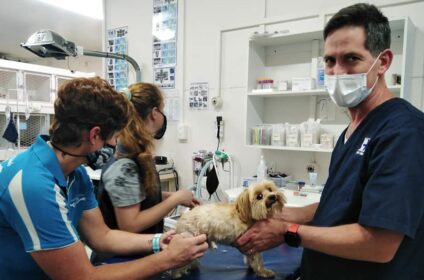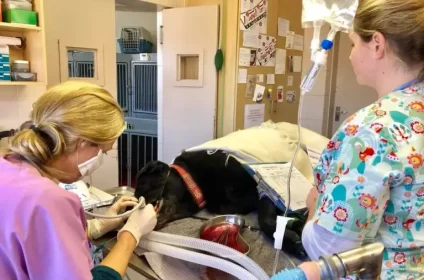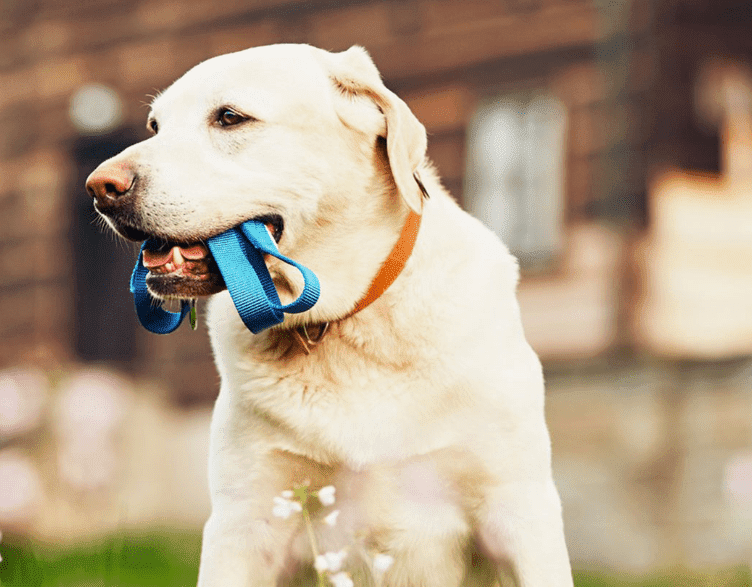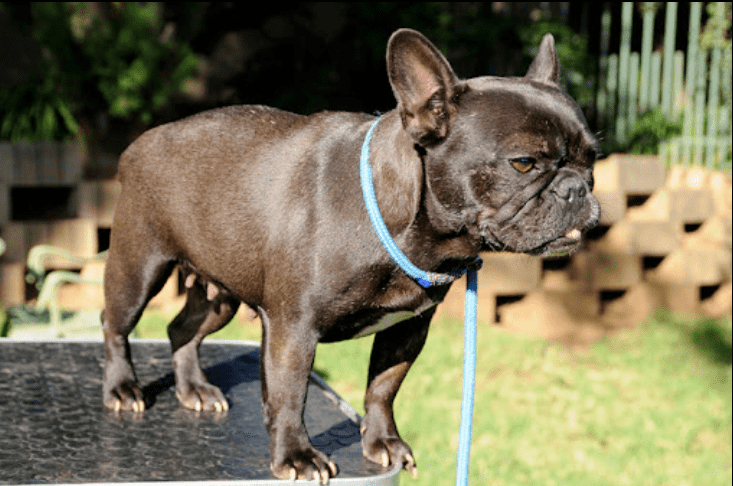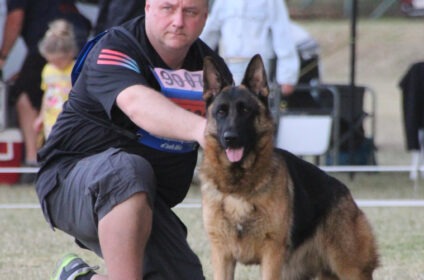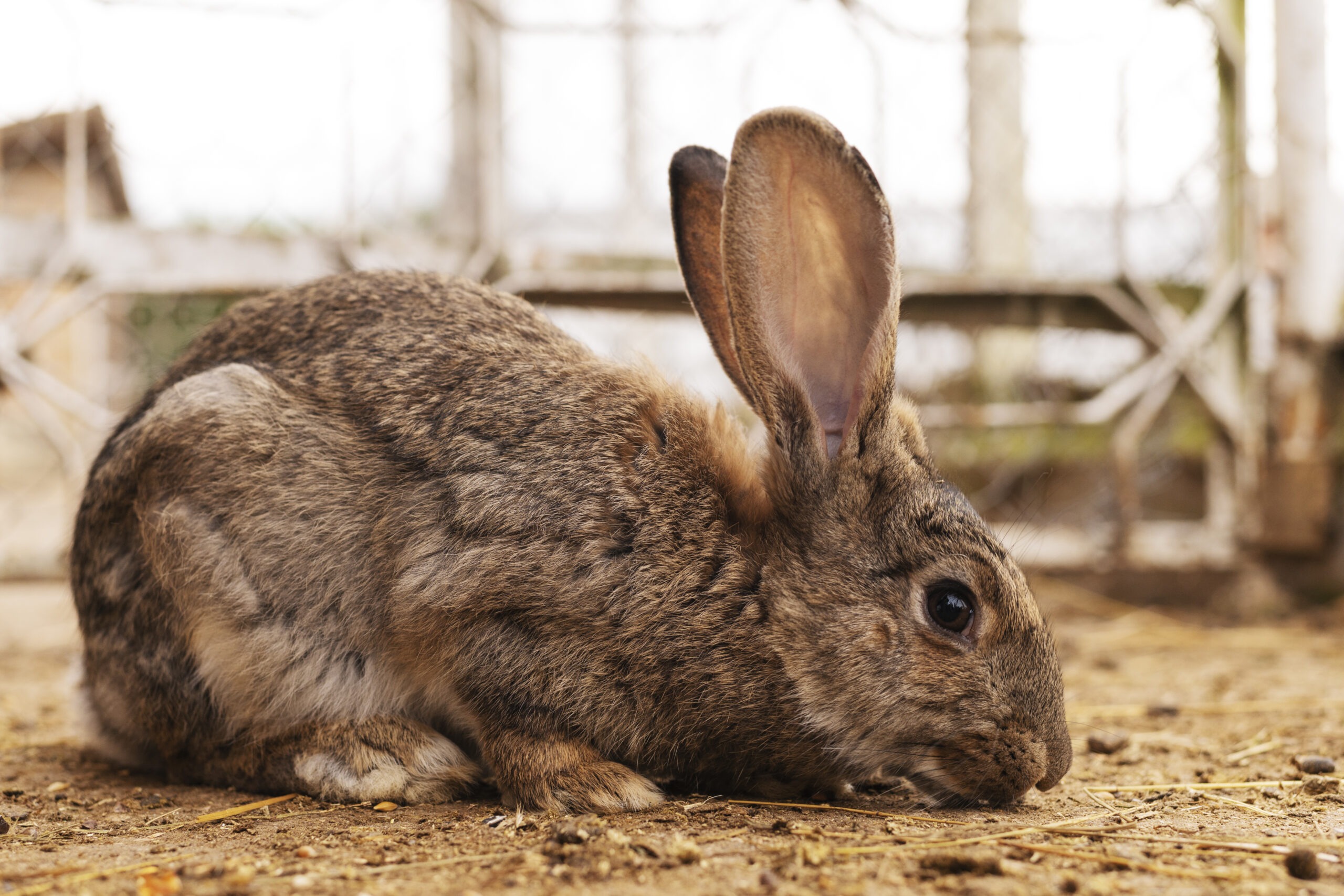Bringing a new puppy into your home is an exciting but also challenging time. Puppies go through significant growth and development from 2 to 12 months of age, and it’s important to help them adjust to their new environment, provide proper care, and be patient throughout the process. Here’s a guide to help you during this period:
2-3 Months:
Adjustment to the New Home:
- Create a safe and designated space for your puppy, such as a crate or playpen.
- Establish a routine for feeding, bathroom breaks, playtime, and naps.
- Socialize your puppy with other dogs and people (once they’ve had their initial vaccinations).
- Begin basic obedience training using positive reinforcement techniques.
Sleep: Puppies at this age need about 18-20 hours of sleep per day. They’ll nap frequently between play and meals.
Patience: Puppies are still very young and may have accidents. Be patient and consistent with potty training.
3-6 Months:
Growth and Development:
- Your puppy will experience a growth spurt during this period.
- Continue socialization and basic training.
- Start leash training and introduce more complex commands.
Sleep: Puppies typically need around 14-16 hours of sleep per day at this age, with longer awake periods during the day.
Patience: Puppies may start teething, so provide appropriate chew toys to alleviate discomfort. Continue reinforcing good behavior.
6-12 Months:
Growth and Development:
- Your puppy will become more active and may test boundaries.
- Continue training to reinforce good behavior and obedience.
- Monitor their weight and adjust their diet accordingly.
Sleep: As your puppy matures, they’ll need around 12-14 hours of sleep per day.
Patience: Teenage puppies may challenge your authority, so consistent training and positive reinforcement are essential. Be patient during this testing phase.
Symptoms to Watch Out For:
Throughout the 2-12 month period, keep an eye out for any unusual symptoms or behaviors in your puppy, such as:
- Excessive vomiting or diarrhea
- Loss of appetite or rapid weight loss
- Lethargy or excessive sleepiness
- Coughing, sneezing, or nasal discharge
- Signs of pain or discomfort
- Behavioral changes like aggression or fearfulness
If you notice any of these symptoms, consult your veterinarian promptly.
Remember that raising a puppy takes time, effort, and patience. Be consistent with training, provide proper nutrition, exercise, and socialization, and ensure regular vet check-ups. Your puppy will grow into a well-adjusted and happy adult dog with the right care and attention.





